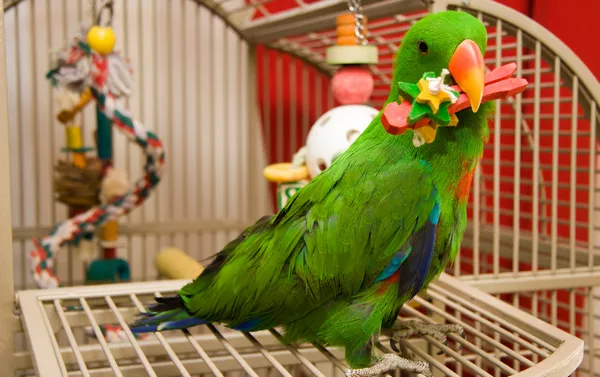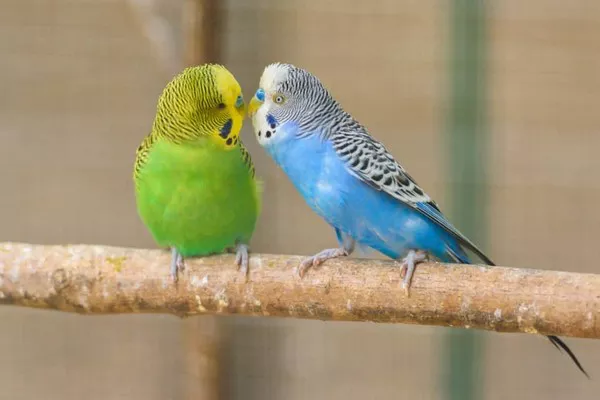African Greys, renowned for their exceptional intelligence and remarkable ability to mimic human speech, are among the most popular pet parrots. As companions, they bring joy and entertainment to households around the world. However, the question that often arises is: how much attention do African Greys truly need to thrive in a domestic environment?
The Nature of African Greys
African Greys, scientifically classified as Psittacus erithacus, are native to the rainforests of West and Central Africa. In the wild, they live in flocks and engage in complex social interactions. This inherent sociability carries over to their lives as pets, emphasizing the importance of understanding and meeting their social needs.
Social Interaction: A Vital Aspect for African Greys
African Greys are highly social birds that thrive on interaction with their human caregivers. Lack of social engagement can lead to boredom, stress, and even behavioral issues. These intelligent birds crave mental stimulation, and regular interaction is crucial for their overall well-being.
Mimicry and Communication
One of the striking features of African Greys is their ability to mimic human speech. This talent stems from their keen observation skills and the desire to communicate with their human companions. Regular interaction not only satisfies their social needs but also enhances their language skills, making them more adept at mimicking and understanding human speech.
Establishing a Routine
Creating a consistent routine is essential when caring for African Greys. These birds thrive on predictability and may become anxious if their daily schedule is disrupted. Regular playtime, training sessions, and bonding activities contribute to a well-rounded routine that addresses their need for attention.
Mental Stimulation through Toys and Activities
In addition to direct interaction, providing African Greys with a variety of toys and activities is crucial. Puzzle toys, foraging devices, and items that encourage problem-solving can keep them mentally stimulated when their human caregivers are not available. Ensuring an enriched environment helps prevent boredom and associated behavioral issues.
The Impact of Loneliness on African Greys
African Greys are susceptible to loneliness, given their social nature. When left alone for extended periods, they may exhibit signs of distress, such as feather plucking or excessive vocalization. Recognizing the signs of loneliness is imperative for addressing their emotional needs promptly.
Training as a Bonding Activity
Training sessions serve a dual purpose for African Greys: they provide mental stimulation and strengthen the bond between the bird and its caregiver. Positive reinforcement techniques, such as using treats and praise, can make training a rewarding experience for both parties, fostering a deeper connection.
Physical Affection: A Key Element
African Greys are known to enjoy physical affection, such as head scratches and gentle petting. Establishing a positive and trusting relationship with your bird involves incorporating physical touch into your interactions. However, it’s essential to respect the bird’s preferences, as some individuals may be more reserved.
Recognizing Individual Variations
While general guidelines exist for meeting the social needs of African Greys, it’s crucial to recognize that each bird is unique. Some may be more extroverted and demand more attention, while others may be more independent. Observing and understanding the individual personality of your African Grey is fundamental to providing the appropriate level of attention.
Conclusion
In conclusion, the amount of attention African Greys need is significant, given their social intelligence and emotional sensitivity. Regular interaction, mental stimulation, a consistent routine, and recognizing individual variations are key elements in meeting their social needs. By understanding and addressing these aspects, caregivers can ensure that their African Greys lead fulfilling and happy lives as cherished members of the family.
Related Topics:
Exploring the Intelligence of African Grey Parrots
Why Does My African Grey Puff Up? (Revealed!)
Are African Greys Loud? (Or Are They Quiet?)

























